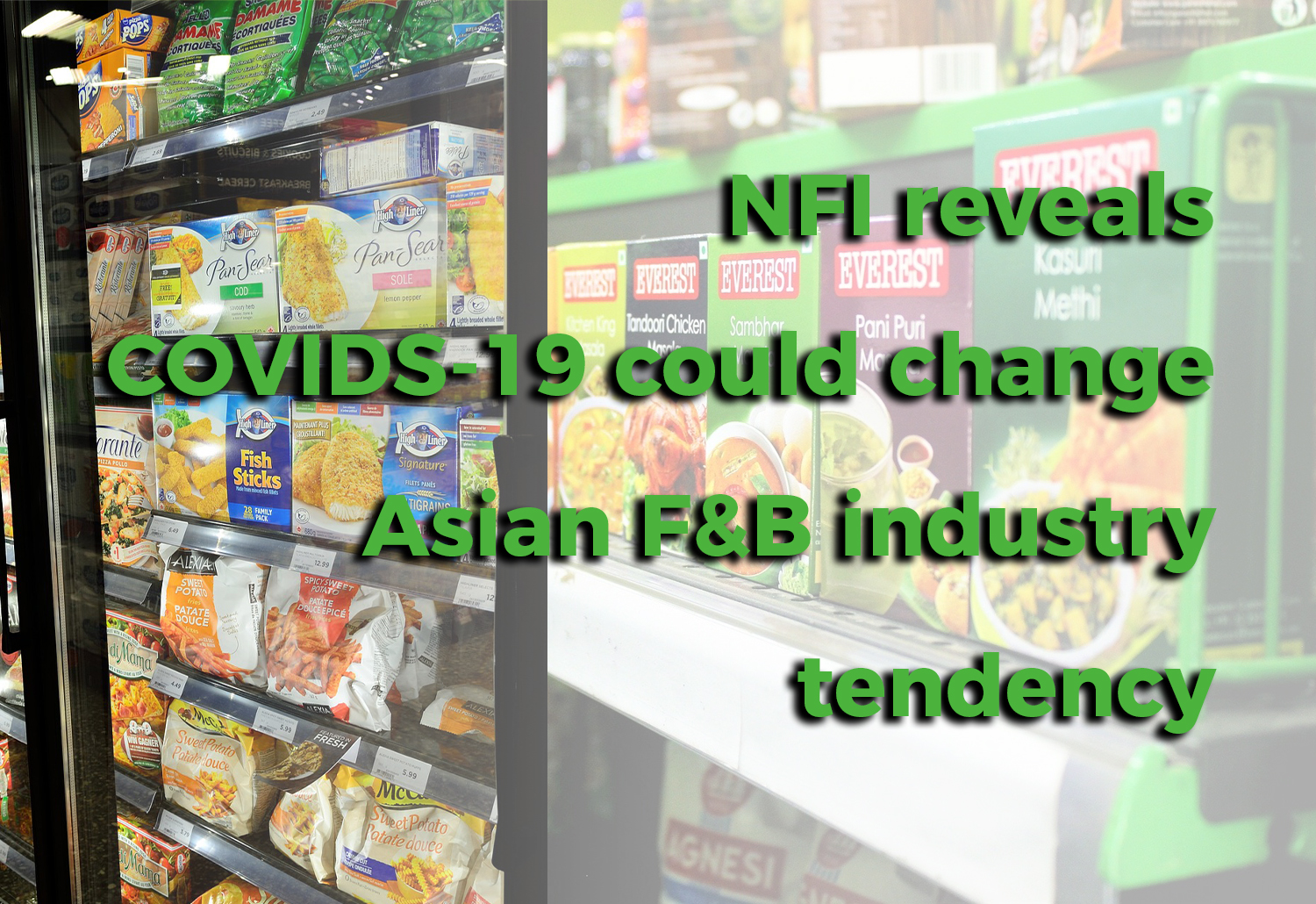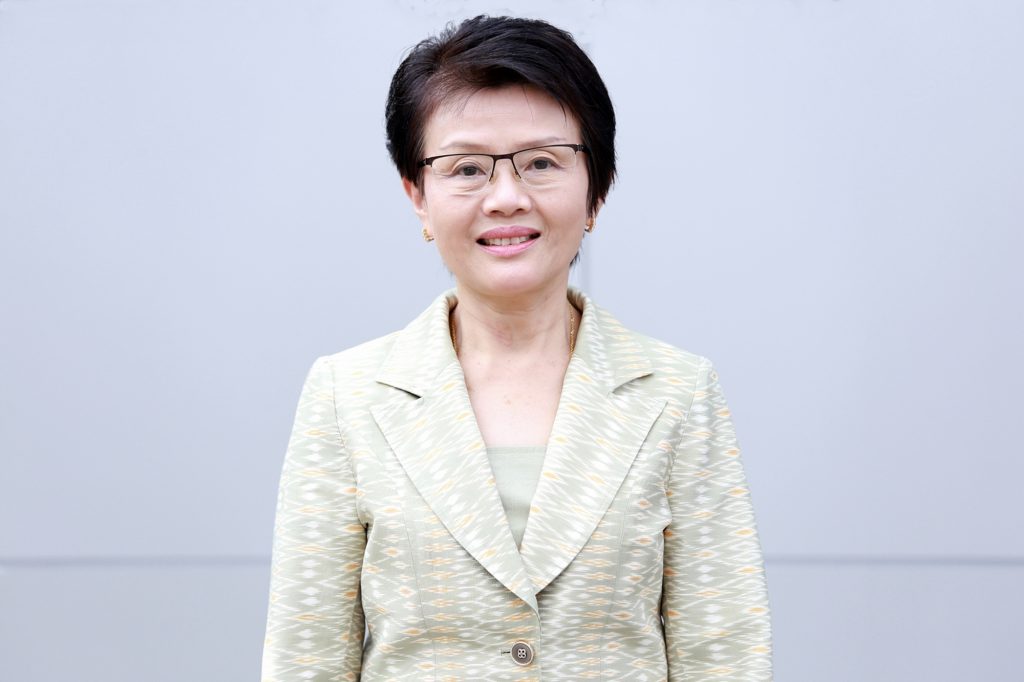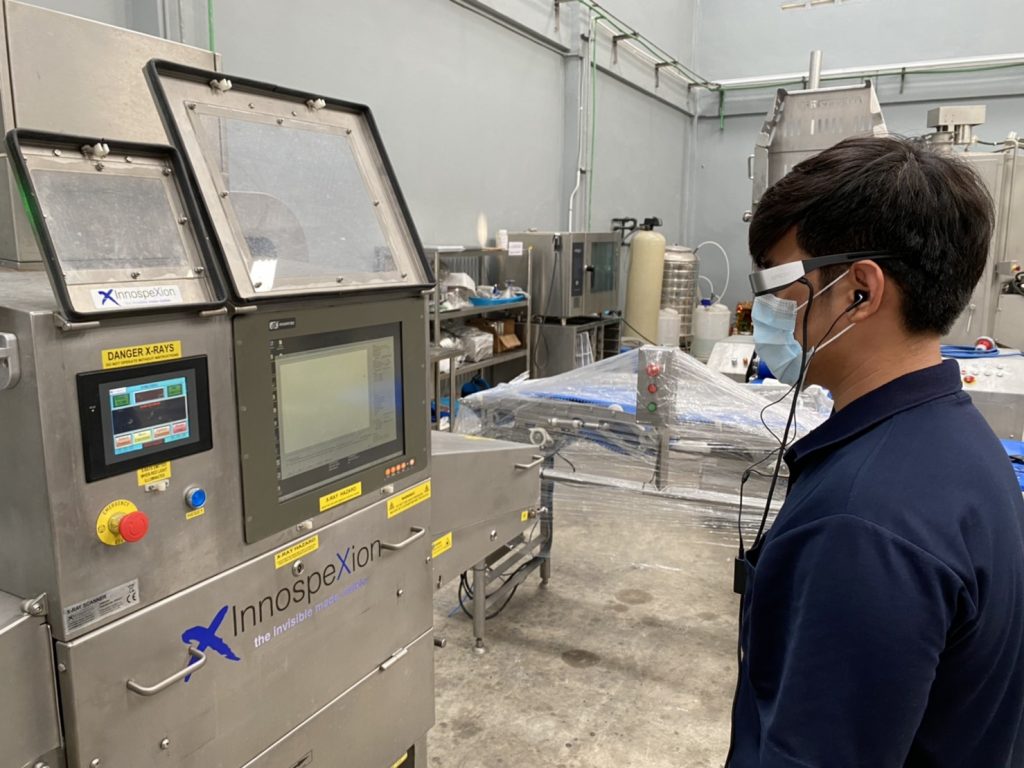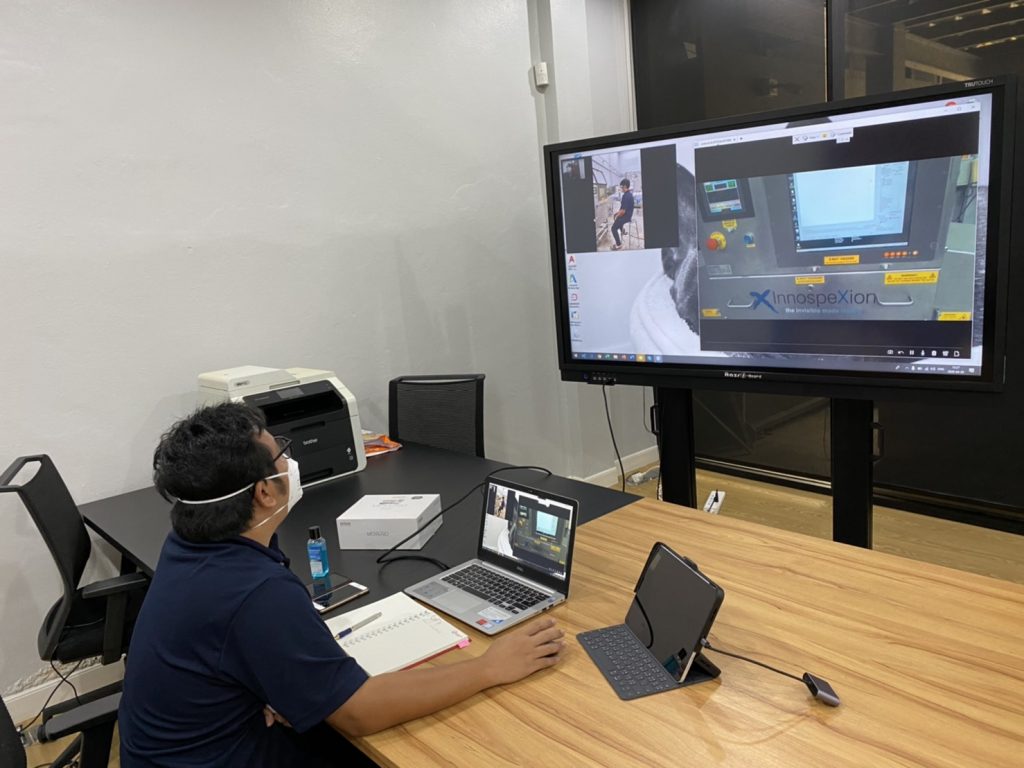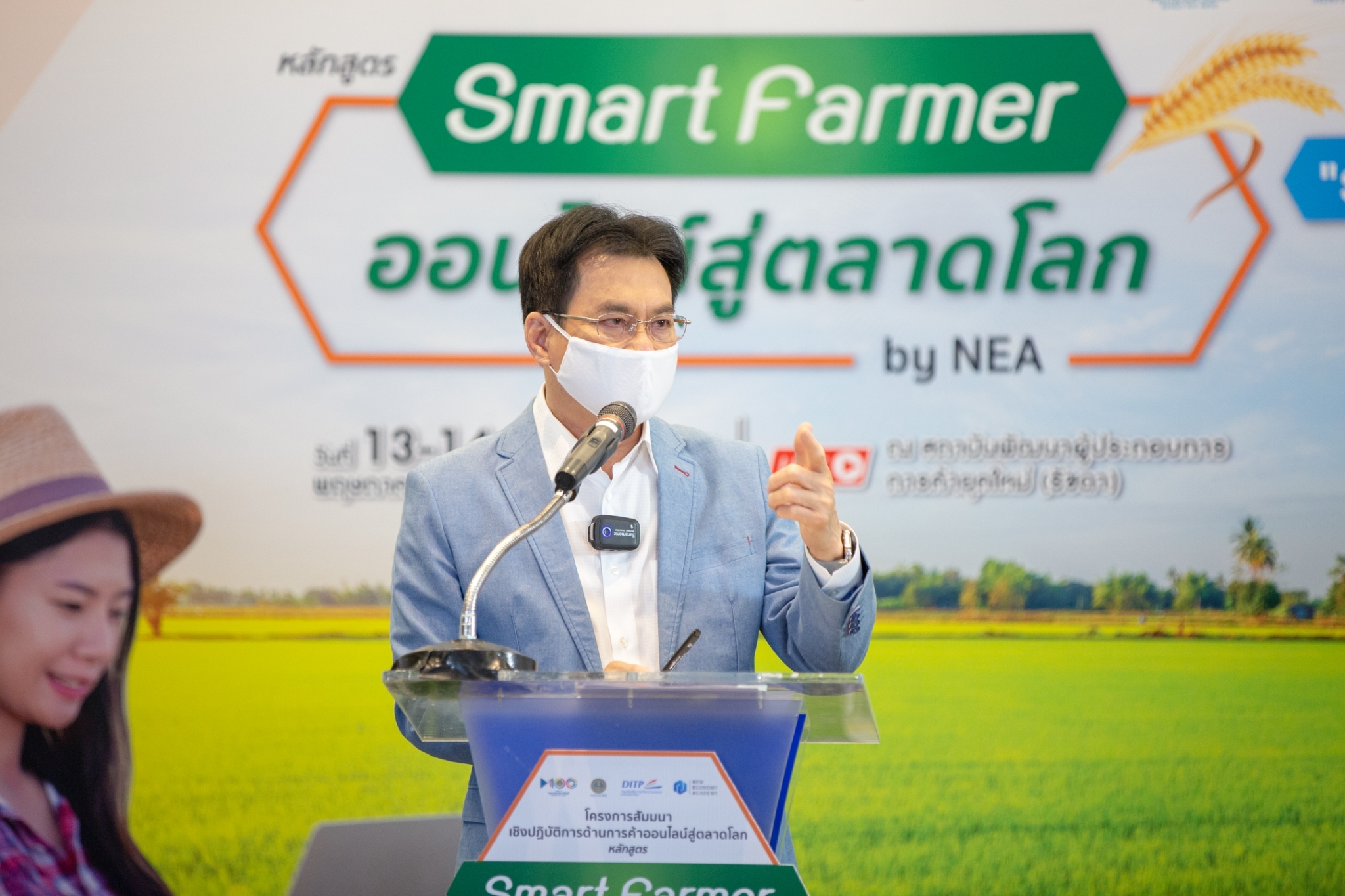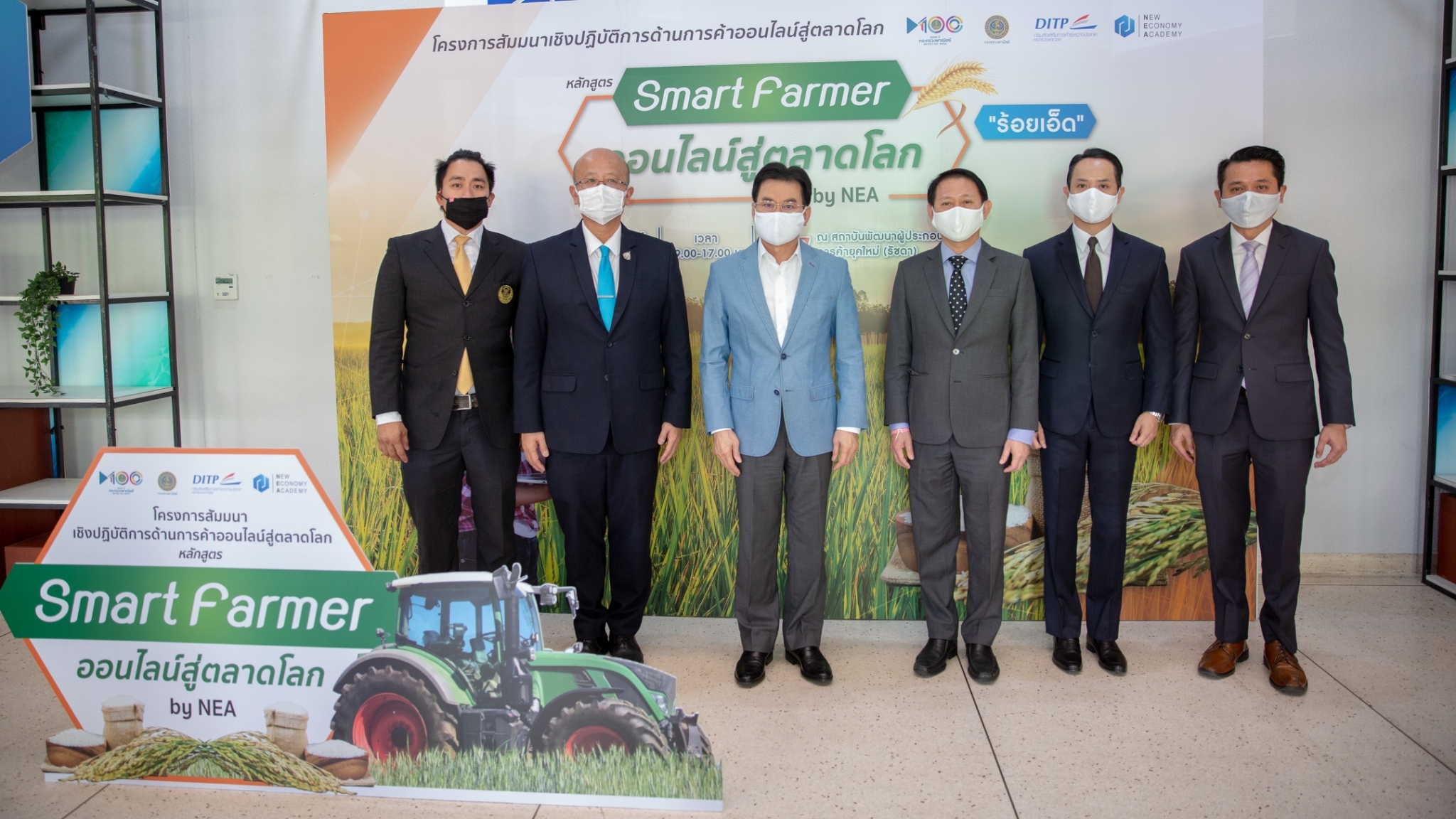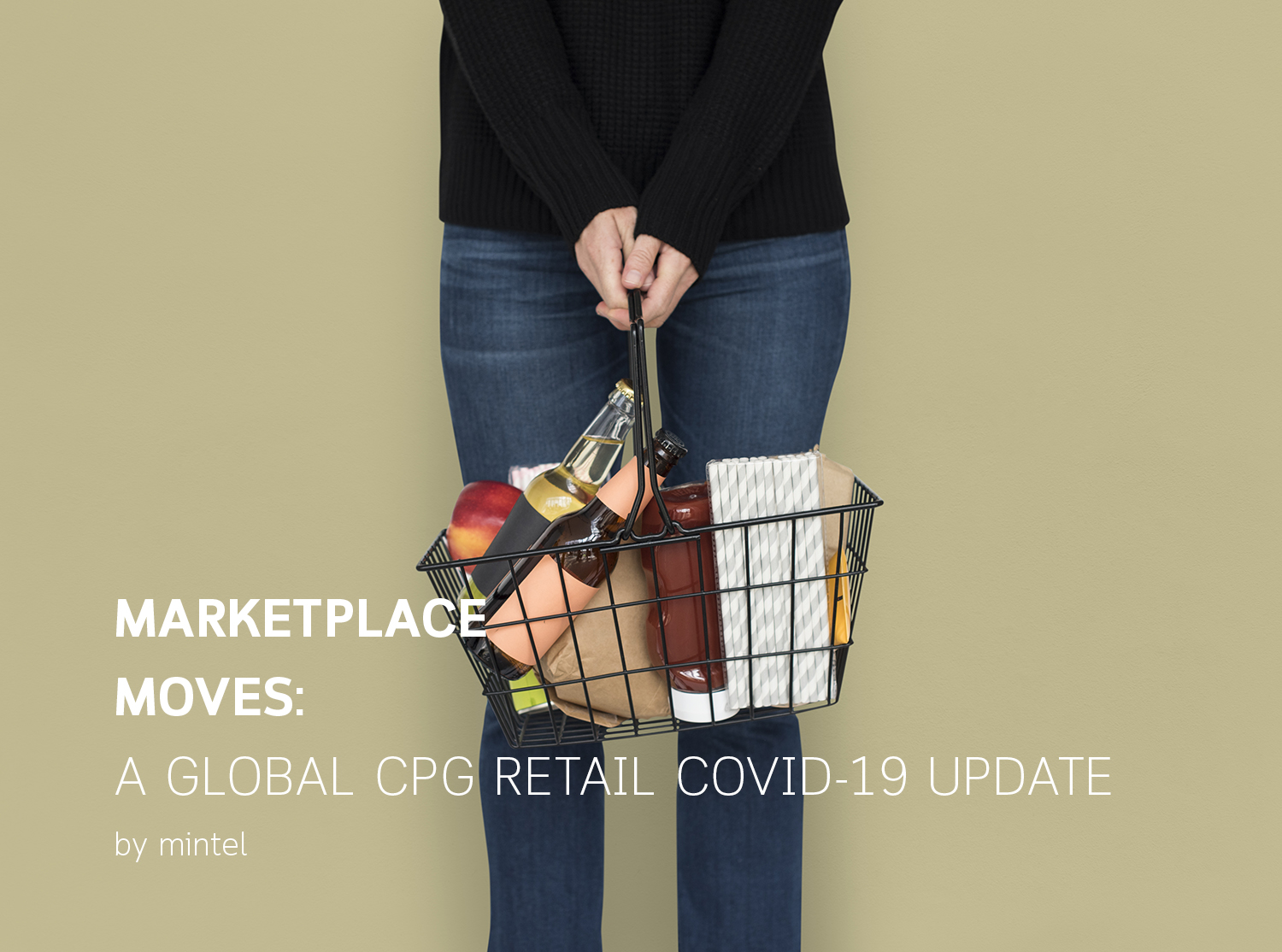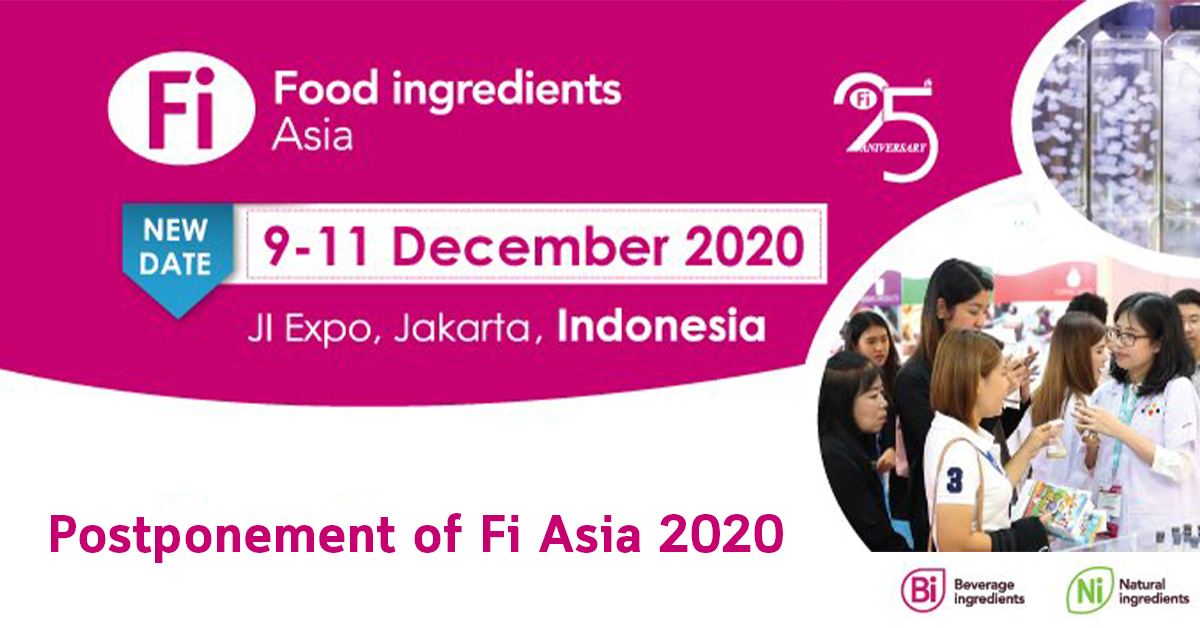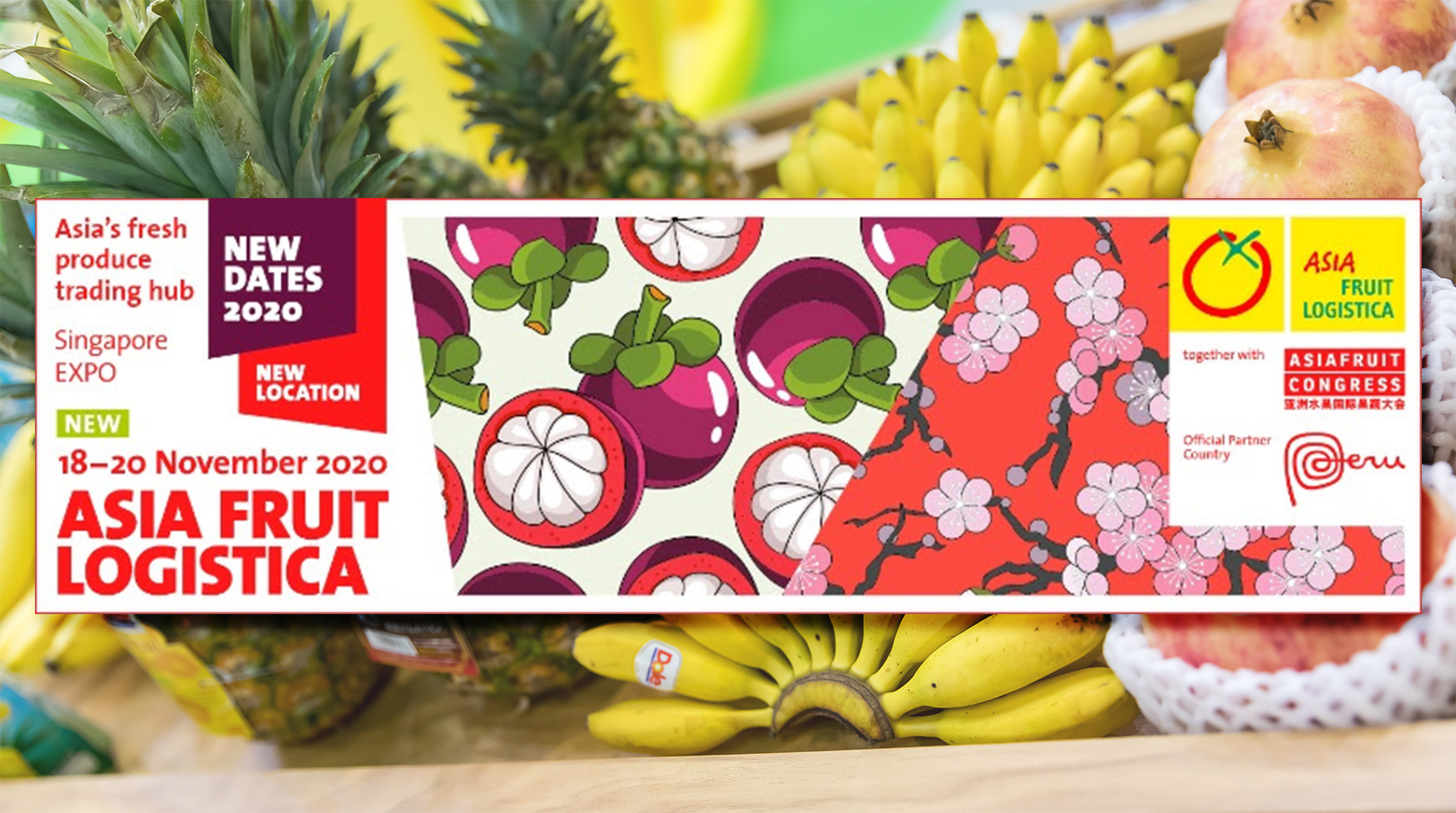![]()
คลังสินค้าก็เปรียบเสมือนบ้านของสินค้าทำหน้าที่เก็บและรักษาสินค้า บ้านก็มีกิจกรรมต่างๆ เกิดขึ้นในแต่ละวัน คลังสินค้าก็เช่นกันมีทั้งกิจกรรมหลักและกิจกรรมย่อยเที่เกิดขึ้น
การจัดการคลังสินค้าเป็นคำรวมระหว่าง “การจัดการ” คือการใช้ทรัพยากรที่มีอยู่ให้มีประสิทธิผล กับ “คลังสินค้า” คือสถานที่ที่เก็บรักษาสินค้าในปริมาณมากเพราะฉะนั้นการจัดการคลังสินค้าคือกระบวนการการบูรณาการทรัพยากรต่างๆเพื่อให้การดำเนินกิจกรรมคลังสินค้าเป็นไปได้อย่างมีประสิทธิภาพสูงสุด
ความสำคัญของการจัดการคลังสินค้า นอกจากจะเป็นที่จัดเก็บวัตถุดิบเพื่อป้อนเข้าสู่กระบวนการผลิตได้อย่างต่อเนื่องแล้ว ยังช่วยรักษาความต้องการในตลาดและการกระบวนผลิตให้มีความสมดุลกัน เนื่องจากความต้องการในตลาดไม่แน่นอนแต่การผลิตมีความแน่นอน อีกทั้งยังทำหน้าที่รวบรวมสินค้าต่างชนิดจากโรงงานหลายๆ แห่ง เอามาไว้ที่เดียวกัน ก่อนจะส่งต่อให้ตรงกับความต้องการของตลาด
กิจกรรมหลักในงานคลังสินค้า
ในแต่ละคลังสินค้ามีความแตกต่างกันในระบบงานย่อยๆ แต่กิจกรรมหลักๆในคลังสินค้าก็ไม่แตกต่างกันโดยแบ่งได้ 4 กิจกรรมหลักๆดังนี้
- งานรับสินค้า (Good recipient ) กิจกรรมต่างๆที่ปฏิบัติในขณะที่สินค้าส่งมายังคลังสินค้าเพื่อการจัดเก็บโดยมีกิจกรรมย่อยดังนี้
- การตรวจพิสูจน์ทราบ เป็นการปฏิบัติเพื่อรับรองความถูกต้องในเรื่อง ชื่อ แบบหมายเลข สินค้าคืออะไร ใช้ทำอะไรหรือข้อมูลอื่นๆที่จำเป็น
- การตรวจสภาพ ตรวจสภาพ จำนวนและคุณสมบัติของสินค้าถูกต้องตามเอกสารการส่งหรือไม่
- การตรวจแยกประเภท สินค้าบางอย่างต้องแยกประเภทเพื่อสะดวกในการรักษา
- งานจัดเก็บสินค้า (Bulk storage) การขนย้ายสินค้าจากพื้นที่รับสินค้าเข้าไปยังตำแหน่งจัดเก็บและจัดวางสินค้าให้เป็นระเบียบ รวมถึงการบันทึกเอกสารเก็บรักษาที่เกี่ยวข้อง เช่น บัตรตำแหน่งเก็บป้ายประจำกองสินค้า และพิจารณาเครื่องมือยก (Forklift) ให้เหมาะสมกับลักษณะสินค้าตัวนั้นๆ
- งานดูแลรักษา (Stock maintain) เป็นภาระรับผิดชอบผู้เก็บรักษาสินค้า ป้องกันความเสียหาย สูญหายเสื่อมสภาพ สภาพอากาศและการทำลายของสัตว์และแมลง รวมทั้งป้องกันการการโจรกรรมจากพนักงานในคลังสินค้าหรือบุคคลภายนอก ประกอบด้วยงานย่อยต่างๆดังนี้
- การตวจสภาพ จะต้องมีการตรวจสภาพด้วยสายตาประจำวัน ตรวจละเอียดตามระยะเวลา
- การถนอม สินค้าบางประเภทย่อมต้องการถนอมตามระยะเวลา เช่น สินค้าที่อาจเกิดสนิม
- การตรวจสอบ คือการตรวจนับสินค้าที่เก็บรักษาให้ตรงสอบยอดกับบัญชี
- งานจัดส่งสินค้า (Goods dispatch) มีขั้นตอนย่อยดังนี้
- การเอาออกจากที่เก็บ (Picking) เป็นการเลือกเอาสินค้าจากพื้นที่ต่างๆรวมกันพื้นที่จัดส่ง
- การบรรจุหีบพอหรือบรรจุภัณฑ์ เพื่อให้มั่นคงแข็งแรงป้องกันความเสียหายในการขนส่งไปยังจุดหมายปลายทาง
- การทำเครื่องหมาย เช่น ชื่อสินค้า จำนวนน้ำหนัก ปริมาตร ข้อความระบุว่าแตกง่าย ห้ามโยน
- การบรรทุกและการส่งมอบ นำสินค้าจากพื้นที่ที่จัดส่งไปที่มียานพาหนะขนส่งจอดรอรับอยู่ และต้องมีเอกสารส่งมอบสินค้ากับผู้ขนส่งสินค้า เมื่อได้ส่งมอบแล้ว ได้สิ้นสุดกิจกรรมของการคลังสินค้า
กิจกรรมหลักในงานคลังสินค้า คนส่วนใหญ่อาจมองว่าเป็นงานที่ง่ายแค่เก็บสินค้าแต่ที่จริงแล้วมีรายละเอียดและกระบวนการทำงานที่ซับซ้อน ต้องมีความรับผิดชอบต่อสินค้าทุกชิ้นที่เก็บ ถ้าสูญหายหรือเสียหายก็คือค่าใช้จ่ายของบริษัทที่เพิ่มขึ้น
การบูรณาการระบบในคลังสินค้ายุคใหม่ ในปัจจุบัน เพื่อการจัดการและประสิทธิภาพที่ดีขึ้น เช่น การนำเทคโนโลยี RFID มาใช้เพื่อเพิ่มประสิทธิภาพในการจัดการคลังสินค้า
องค์ประกอบของ RFID มีอยู่ 3 ส่วนด้วยกันได้แก่ ส่วนแรกคือทรานสปอนเดอร์หรือป้าย (TransponderหรือTag) จะประกอบด้วยเสาอากาศและไมโครชิปสำหรับบันทึกข้อมูล ส่วนที่สองคือ เครื่องอ่าน เขียน ข้อมูลภายในป้าย(Interrogator หรือTag) โดยอาศัยคลื่นความถี่วิทยุในการทำงาน ส่วนที่สาม คือระบบประยุกต์การใช้งาน ระบบฐานข้อมูล ซึ่งมีความแตกต่างกันในแต่ละองค์กรณ์
ลักษณะ RFID มีอยู่ 2 แบบคือ Active Tag เป็นชนิดที่มีแบตเตอรีอยู่ภายใน จึงสามารถอ่านและเขียนข้อมูลได้ มีอายุการใช้งานตามอายุของแบตเตอรี่เป็นชนิดที่มีกำลังส่งสูง และสามารถทำงานได้ดีในบริเวณที่มีสัญญาณรบกวน และ Passive Tag เป็นชนิดที่ได้รับความนิยมมากกว่า มีอายุการใช้งานไม่จำกัด เนื่องจากไม่ได้ใช้แบตเตอรี่ และอาศัยพลังงานไฟฟ้าที่เกิดจากการเหนี่ยวนำคลื่นแม่เหล้กไฟฟ้า จะมีปัญหาเมื่อนำไปใช้งานในสถานที่มีสัญญาณแม่เหล็กไฟฟ้า
อย่างไรก็ตาม เทคโนโลยี RFID ในปัจจุบันก็ได้ถูกพัฒนาอย่างต่อเนื่อง ซึ่งมีการนำมาใช้ในการจัดการคลังสินค้าในปัจจุบัน และสามารถส่งเสริมประสิทธิภาพในคลังสินค้าได้อย่างมีนัยสำคัญ ตัวอย่างเช่น การใช้ในการบันทึกแหล่งผลิตอาหาร จะเป็นประโยชน์อย่างยิ่ง หากมีเหตุการณ์ที่มีสารปนเปื้อนในอาหาร จะทำให้เราทราบได้อย่างแน่ชัดว่ามาจากแหล่งผลิตใด ทำให้เราแก้ไขปัญหาได้อย่างรวดเร็ว รวมไปถึงหากมีการบันทึกข้อมูลยาภายในโรงพยาบาลอย่างชัดเจน จะทำให้การเลือกใช้ยาได้เหมาะสมตามข้อบ่งชี้และข้อห้ามของผู้ป่วย รวมทั้งสามารถดูอายุยาเพื่อป้องกันการใช้ยาหมดอายุ เป็นต้น
โดย บริษัท เบทเตอร์แพค จำกัด

